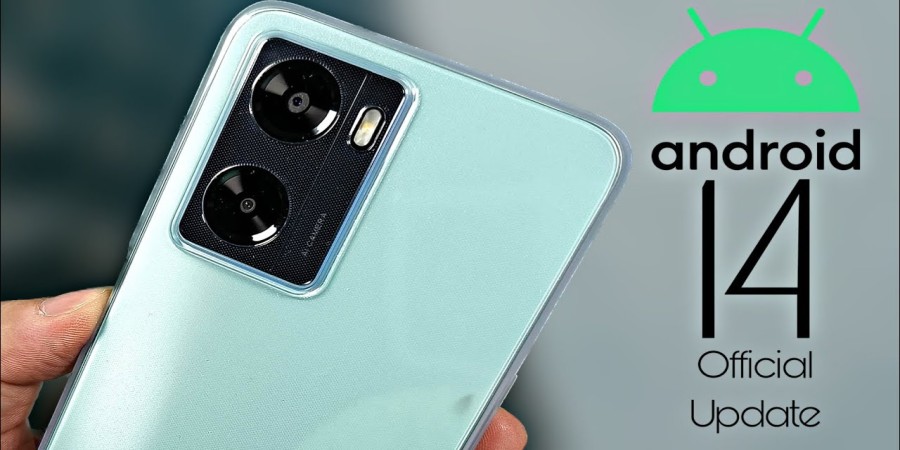

Meta Platforms Takes a Stand Against Deepfakes: Plans to Label AI-Generated Images
In a proactive move against deepfakes, Meta Platforms, the parent company of Facebook and Instagram, is set to introduce a labeling system for images generated by external artificial intelligence (AI) services. This initiative, led by Meta's president of global affairs, Nick Clegg, aims to enhance content transparency and inform users when images, often indistinguishable from real photos, are actually digital creations.
While Meta already labels content generated using its in-house AI tools, the upcoming system will extend this practice to images created on platforms such as OpenAI, Microsoft, Adobe, Midjourney, Shutterstock, and Google. This strategic move offers a glimpse into the evolving standards that tech companies are developing to address potential risks associated with generative AI technologies.
Also Read: Snap Misses Revenue Estimates: Shares Plunge 30% Amid Tough Competition
Clegg acknowledges that while generative AI technology is not fully mature, especially in audio and video formats, this step aims to create momentum and encourage the industry to adopt similar practices. To enforce accountability, Meta plans to require users to label their altered audio and video content, with penalties for non-compliance, although the specifics of these penalties remain undisclosed.
However, Clegg notes a current challenge: there is no viable mechanism to label written text generated by AI tools like ChatGPT. Despite advancements, labeling AI-generated text poses difficulties.
Also read: OpenAI’s DALL-E 3 Takes a Step Towards Transparency: New Watermarks for AI-Generated Images
Regarding Meta's encrypted messaging service, WhatsApp, it remains unclear whether the company will extend the labeling initiative to generative AI content shared on the platform. The move comes after Meta's oversight board criticized its policy on misleadingly doctored videos, advocating for labeling over removal.
Clegg agrees with the oversight board's critique, stating that Meta's current policy is inadequate for an environment with an increasing volume of synthetic and hybrid content. The introduction of AI-generated image labels aligns with the board's recommendations, showcasing Meta's commitment to combat misinformation and enhance content integrity.
Popular articles

Dec 14, 2023 04:51 PM

Dec 08, 2023 01:45 PM

Dec 21, 2023 06:04 PM

Dec 26, 2023 07:15 PM

Dec 08, 2023 07:07 PM
Categories
Comments (0)